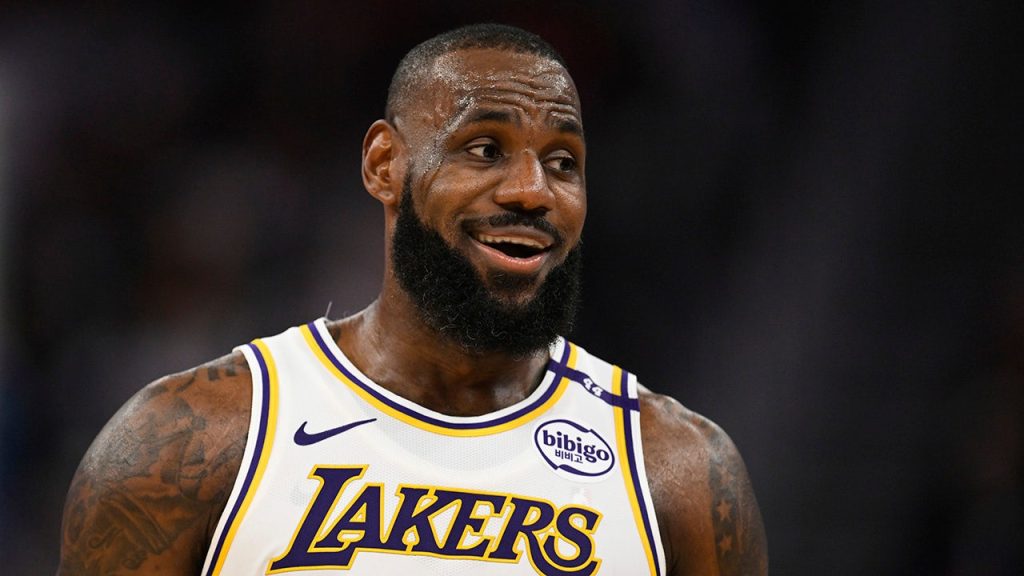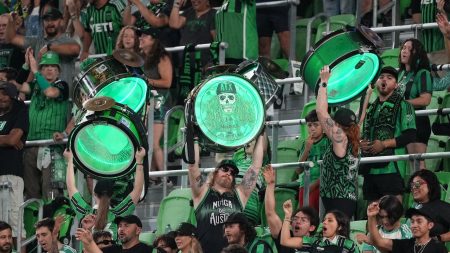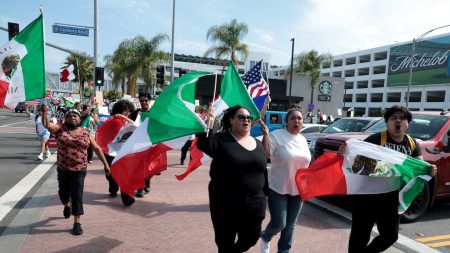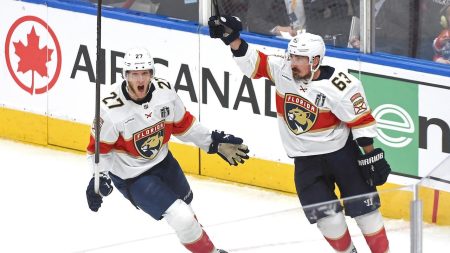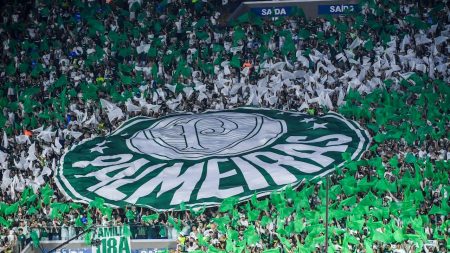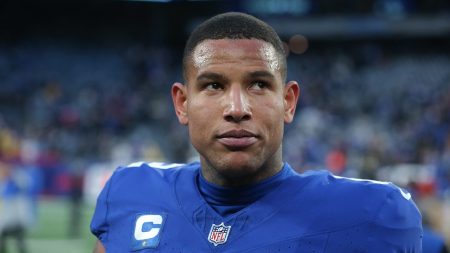LeBron James, the iconic Los Angeles Lakers forward, issued a bold declaration following his team’s thrilling 115-113 victory over the Golden State Warriors: “Christmas is our day.” This statement, delivered after a stellar performance where James contributed 31 points and 10 assists, was a direct message to the NFL, which has increasingly encroached upon the NBA’s traditional Christmas Day dominance. James’ assertion underscores a growing tension between the two leagues, vying for viewership on a holiday traditionally associated with basketball. His message reflects a sentiment shared by many NBA fans and players who see Christmas Day as a showcase for basketball’s unique blend of athleticism and artistry. This year, the NFL scheduled two games on Christmas, continuing a recent trend of expanding its presence on the holiday, a move that hasn’t gone unnoticed by the NBA community.
The backdrop to James’ declaration was a nail-biting victory for the Lakers, a game that exemplified the excitement and drama often associated with Christmas Day basketball. Austin Reaves’ decisive basket sealed the win, but it was James’ all-around performance that set the stage. His scoring prowess, combined with his playmaking abilities, reminded viewers of the star power and captivating gameplay that the NBA brings to the holiday. This electrifying contest, filled with back-and-forth action and clutch performances, served as a powerful reminder of why Christmas has historically been considered the NBA’s domain. The close finish and the high-stakes nature of the game further highlighted the NBA’s ability to deliver compelling entertainment on a day traditionally reserved for family gatherings and sporting spectacles.
The NFL’s recent foray into Christmas Day programming has sparked a debate about the rightful ownership of the holiday’s sporting spotlight. Traditionally, Christmas Day was considered the NBA’s territory, a day when marquee matchups and star-studded performances provided a festive backdrop for families across the country. However, the NFL, recognizing the potential for a massive audience on a national holiday, has begun scheduling games on Christmas, challenging the NBA’s long-held dominance. This move, driven by a desire to capitalize on the holiday’s viewership potential, has created a competitive landscape where the two leagues are vying for the attention of sports fans.
The NFL’s initial justification for scheduling Christmas Day games was based on the calendar’s alignment with a regular playing day. However, this reasoning shifted as the league recognized the significant viewership potential of holiday programming. NFL executives acknowledged the success of Thanksgiving games and saw Christmas as another opportunity to capture a large audience, especially with families gathered together. This shift in strategy underscores the NFL’s ambition to expand its reach and maximize its viewership, even if it means encroaching upon the NBA’s traditional holiday stronghold.
The decision to schedule NFL games on Christmas hasn’t been without controversy. Many NBA fans and players, including LeBron James, view Christmas Day as synonymous with basketball. The NBA’s history of showcasing compelling matchups and star-studded performances on Christmas has created a strong association between the holiday and the sport. The NFL’s encroachment on this tradition has been met with resistance from those who believe Christmas Day should remain primarily dedicated to basketball.
The ultimate test of the NFL’s Christmas strategy lies in the viewership numbers. The ratings will provide a clear indication of whether the NFL’s gamble paid off and whether it can successfully compete with the NBA’s long-standing Christmas tradition. LeBron James’ confident assertion that “Christmas is our day” adds another layer to the rivalry, setting the stage for a showdown in the ratings that will determine which league truly owns the holiday’s sporting landscape. The outcome will likely influence future scheduling decisions and shape the ongoing battle for viewers between the two dominant sports leagues.




